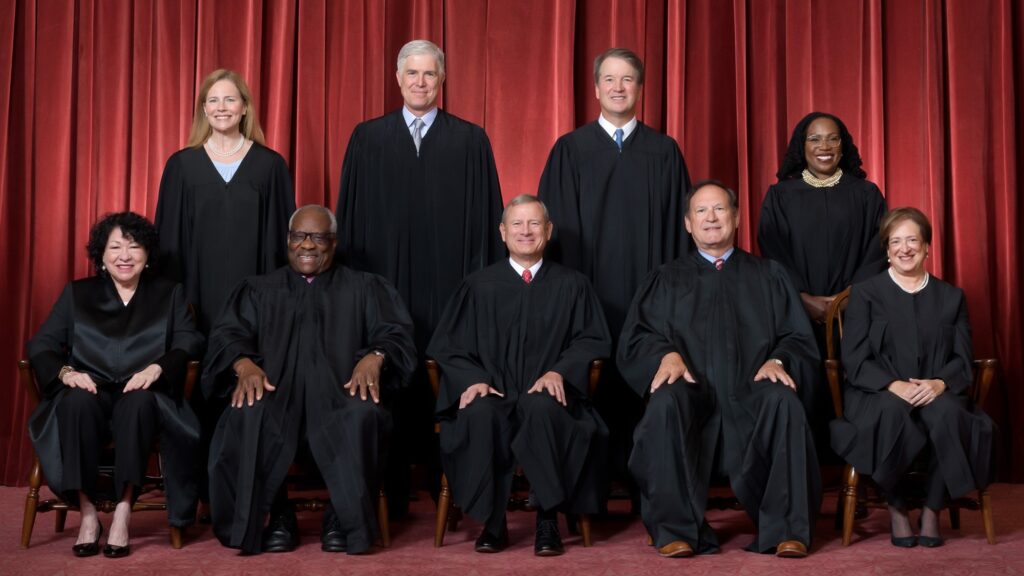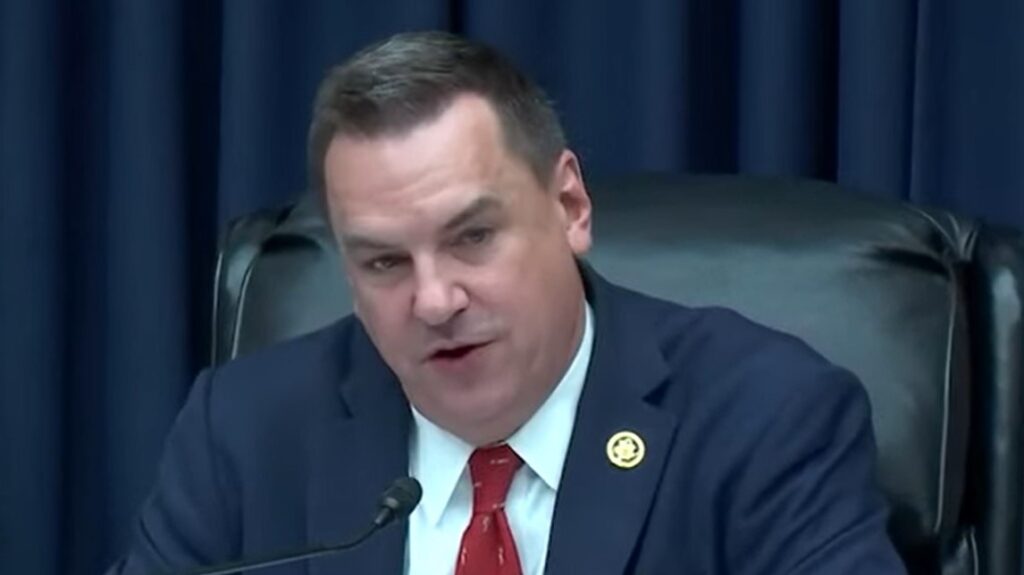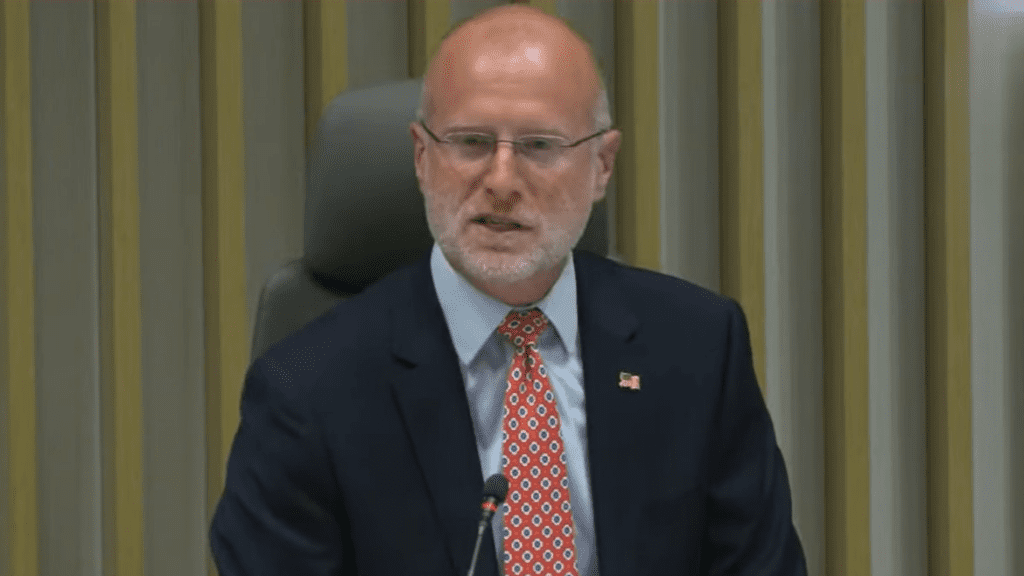NRECA Asks for Title II Regulatory Relief for “Small Entities,” Including Electric Co-ops
Randy Sukow
|

The FCC recently accepted industry comments with a wide variety of views on the reinstatement of Title II regulation on internet providers. Electric cooperatives, who are relatively newcomers to the internet business and the Title II/net neutrality debate, weighed in with several reservations to the reinstatement plan the Commission proposed in October.
“NRECA members are seriously concerned that the Commission’s implementation of Title II authority over BIAS [broadband internet access service] will lead to overly burdensome regulations, even to the point of disincentivizing investment,” the association said in its comments.
First, NRECA requests a redefinition of the term “small entities” for Title II purposes. The FCC’s Notice of Proposed Rulemaking (NPRM) requests comment on how reclassification would affect small businesses and entities, opening the possibility of Title II exemption or exemptions from some parts. NRECA suggested that a small entity should be “a size threshold of 100,000 broadband customers [all broadband affiliates included] for a BIAS provider.”
In the past, the FCC has recognized the economic impact that Title II regulations could have on small-entity telecommunications services, NRECA said. It said that rural electric cooperatives are in a similar situation of being unable to absorb the costs of full Title II reporting and compliance. “A recent poll of NRECA members that provide BIAS [or that are considering it] revealed that most have fewer than one [1] full-time equivalent employee assigned to manage regulatory compliance issues. Many small BIAS providers do not have sufficient staff or in-house expertise to manage an extensive new set of regulatory obligations,” it said.
NRECA called for the FCC to consider Title II outage reporting and customer proprietary network information (CPNI) requirements for internet providers in separate proceedings apart from the current rulemaking. It said that the level of burden those regulations could place on internet providers requires closer individual consideration.
It also asked the FCC to exempt “non-BIAS” electric utility functions from Title II regulation. “For example, many NRECA member electric cooperatives own and operate fiber-optic networks to provide supervisory data and control [SCADA] and ‘smart grid’ functions in support of their delivery of electric service, which may or may not be ‘application level’ services,” NRECA said. “While these data services may in some respects operate alongside BIAS service, they clearly should not be subject to regulation under Title II.”
The FCC initially voted to apply Title II telecommunications regulations to internet providers in 2015, but a subsequent FCC repealed those regulations. With the installation of a Democrat-majority FCC earlier this year, the Commission put reinstatement of the rules on a fast track. Several other telecommunications organizations with rural focuses also filed comments.
- NTCA – The Rural Broadband Association notes how the internet economy has evolved into a complex array of last-mile providers along with edge, middle-mile and backbone intermediaries. The Commission should look for places to apply “light-touch” regulation to elements of that ecosystem to ensure the evolution continues. “Should the Commission nonetheless proceed with reclassification, it should not forbear from universal service contribution obligations … This would be contrary to the public interest, undermine public policy objectives that the Commission otherwise identifies as important in other contexts, and harm consumers by failing to carry out faithfully statutory mandates with respect to support of universal service.”
- The NPRM, according to ACA Connects, does not take into account the successful growth of broadband services during the years that had no Title II regulation. It points how well broadband services performed during the COVID-19 pandemic, and that if those networks had failed it would have made “a dire situation even worse.” That success was based on steady investment in broadband infrastructure. “With the exception of a two-year hiatus from 2015 to 2017 [the Title II years], balanced Federal regulation of broadband has prevailed. Under this approach, there have been trillions of dollars of investment to upgrade and expand coverage of broadband networks,” ACA said. “From 2016 to 2021, our Members increased the reach of their reliable, high performance broadband networks from 16.7 million to 22.7 million households, and they have continued to expand since then.”
- It is “reasonable and equitable” to require that all BIAS providers contribute to the universal service fund, said WTA – Advocates for Rural Broadband, which opposed proposed forbearance from USF contribution obligations. Also, “WTA requests simplification and clarification of the scope and requirements of any new Title II cybersecurity obligations imposed upon rural local exchange carriers (RLEC) ISPs. In particular, the Commission needs to clarify the nature and extent of the responsibilities of RLECs and RLEC ISPs to protect their networks and particularly the customer data in their possession.”


